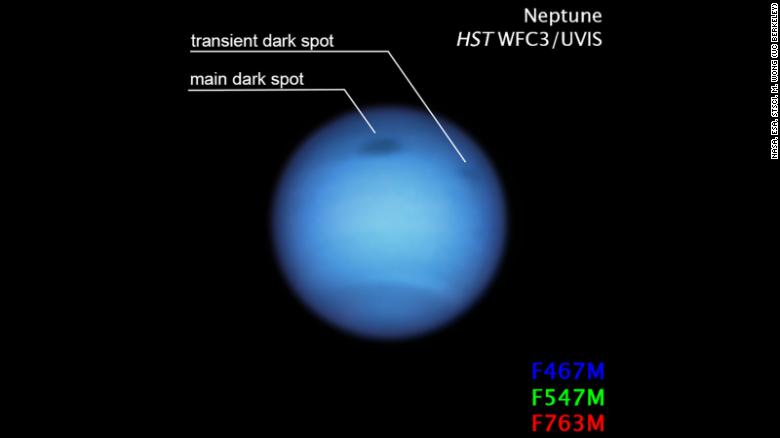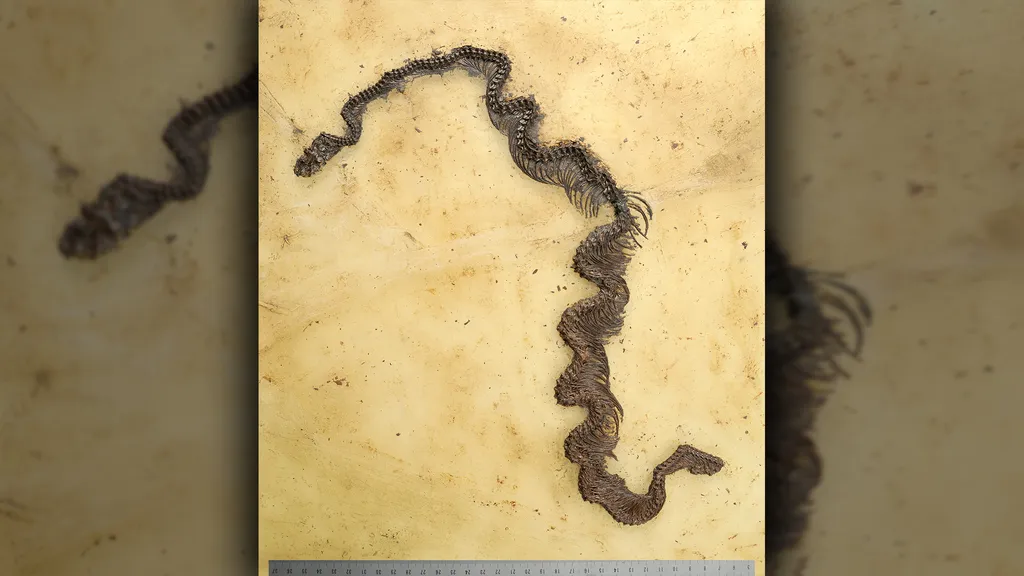Well, it does seem a bit "woo hoo," except that it is actually a proposition that has some serious physicists, philosophers and thinkers behind it as an actual possibility. Have a listen:
Neil deGrasse Tyson
Elon Musk
The most expert on the topic of all, Oxford technology philosopher Nick Bostrom
Quite a few others.
Gassho, J
STLah
Neil deGrasse Tyson
Elon Musk
The most expert on the topic of all, Oxford technology philosopher Nick Bostrom
Quite a few others.
Gassho, J
STLah
















Comment